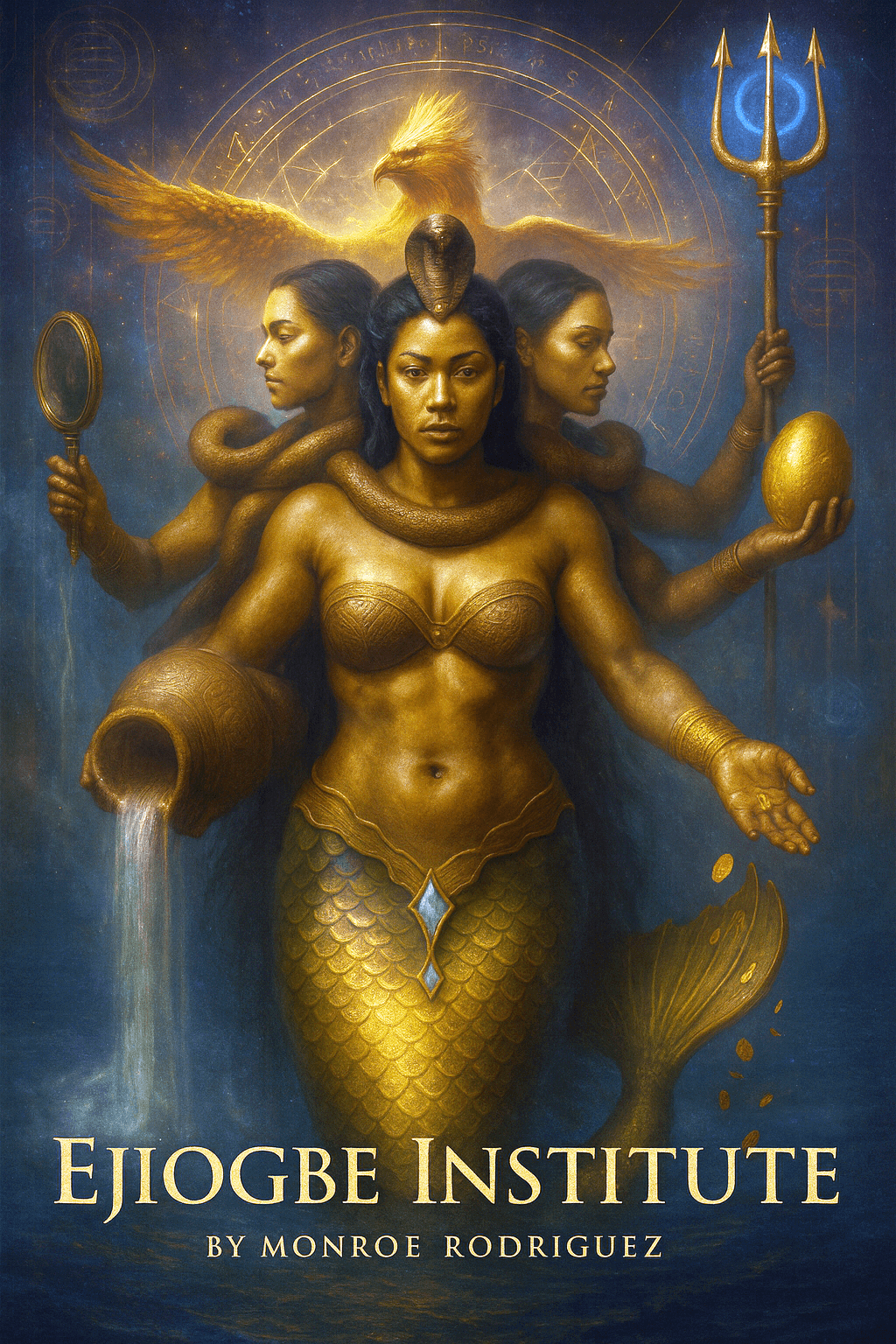
Why Everyone Is Talking About Audio Archives (And Your Lineage Should Too)
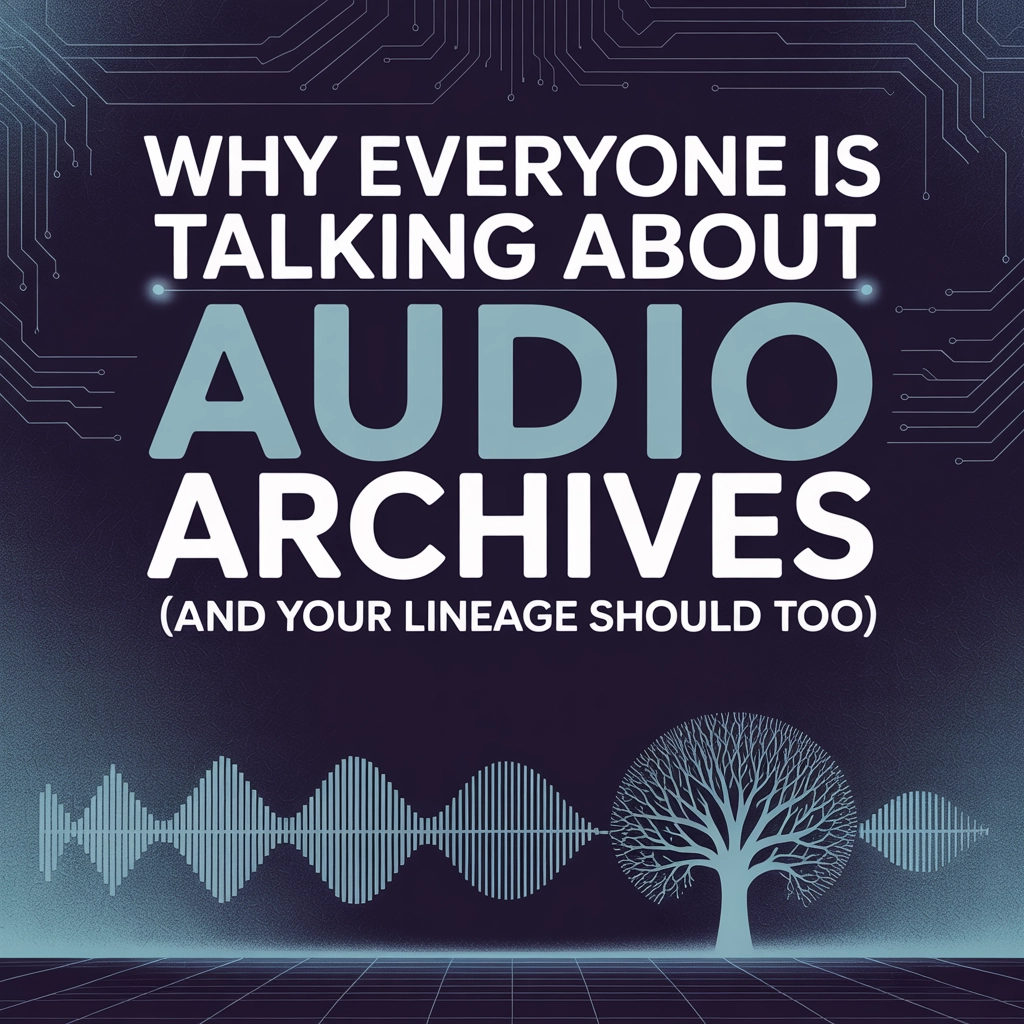
There's a quiet revolution happening in family history preservation, and it's changing how we connect with our ancestors. While genealogists have traditionally relied on birth certificates, census records, and faded photographs, a growing movement is turning to something far more intimate: the actual voices of our loved ones.
Audio archives aren't just trendy: they're transforming how we understand our heritage. These precious recordings capture what no document ever could: the laughter of a grandmother, the accent that reveals where our family truly comes from, and the stories that bridge generations with wisdom only elders can share.
The Power of Ancestral Voices
When we hear our grandfather's voice telling the story of how he met our grandmother, something magical happens. The past becomes present. These aren't just recordings: they're portals to our heritage that preserve the essence of who our people were.
Traditional genealogy gives us dates and places, but audio archives give us souls and stories. They capture the unique speaking patterns, the emotional cadence, and the cultural inflections that make each family line distinctive. In these recordings, we discover not just what happened, but how our ancestors felt about what happened.
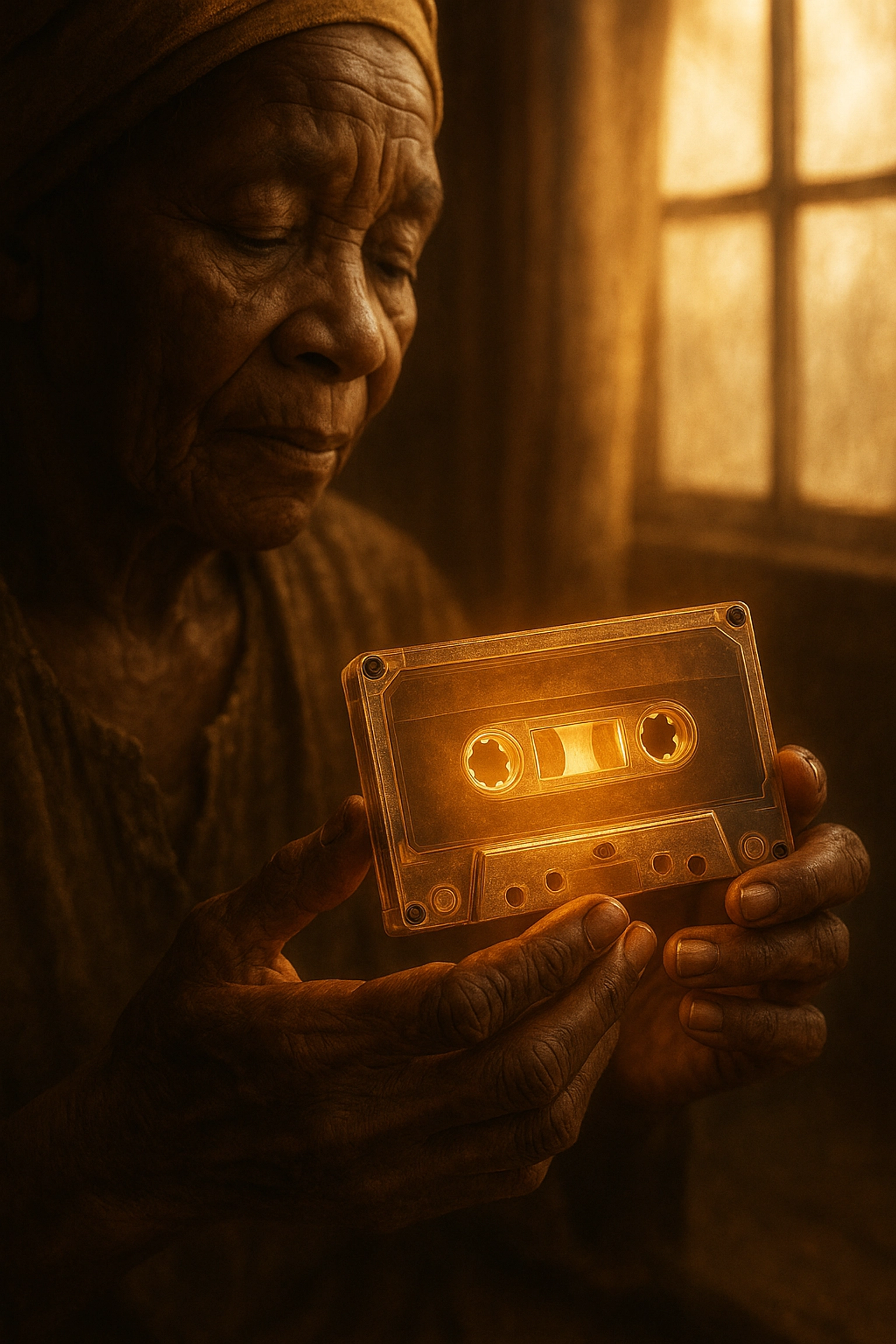
The surge in audio archive interest reflects our deep human need for authentic connection. In an increasingly digital world, hearing the actual voice of someone who shaped our family tree creates an irreplaceable sense of belonging and continuity.
Cultural Preservation Beyond Documents
Our communities have always been keepers of oral tradition. Stories, songs, prayers, and teachings passed from elder to child represent the living breath of our culture. But what happens when those voices are silenced forever?
Audio archives serve as guardians of cultural heritage, preserving the inflections, languages, and storytelling traditions that define who we are. They capture:
- Family recipes shared with the love and care that only comes through spoken word
- Cultural practices explained with the nuance that written instructions can't convey
- Historical perspectives from those who lived through pivotal moments
- Spiritual wisdom delivered in the voices that first taught us about faith and values
These recordings become bridges between worlds: connecting younger generations to ancestral knowledge they might otherwise never access.
The Emotional Legacy Factor
There's something profound about hearing a loved one's voice long after they've passed. Audio archives transform grief into celebration, loss into lasting connection. They allow us to:
Preserve personality: The way someone said your name, their unique laugh, their favorite expressions: these details disappear from memory but live forever in audio.
Share stories authentically: Instead of retelling family stories second-hand, we can let our ancestors speak for themselves, ensuring their words remain unfiltered and true.
Create intergenerational bonds: Children and grandchildren can develop relationships with ancestors they never met, hearing their voices and understanding their character.
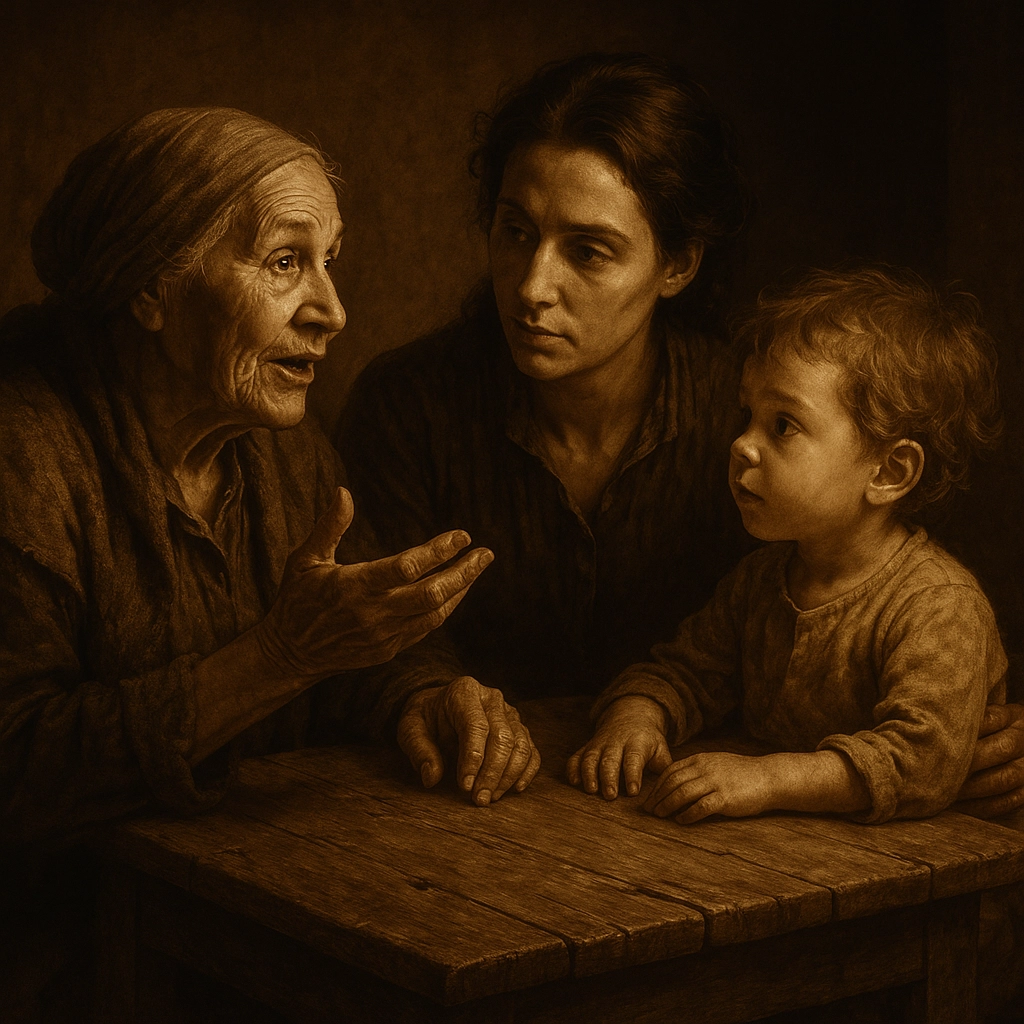
Technology Meets Tradition
The recent explosion in audio archive popularity isn't accidental: it's supported by advancing technology that makes preservation easier than ever. Old cassette tapes, reel-to-reel recordings, and even voicemails can now be digitized and preserved permanently.
Modern tools allow families to:
- Convert deteriorating physical media to digital formats
- Enhance audio quality to improve clarity
- Organize recordings by family member, event, or theme
- Share archives across global family networks
- Create searchable databases of family stories
This technological renaissance means that voices once trapped in obsolete formats can now be preserved, enhanced, and shared with future generations who will carry these stories forward.
Building Your Family's Audio Legacy
Starting your own audio archive doesn't require expensive equipment or technical expertise. The most important ingredient is intention: the commitment to capture and preserve the voices that matter most.
Begin with what you have: Search through old tapes, CDs, voicemails, and video recordings. You likely already possess precious audio content waiting to be preserved.
Schedule recording sessions: Set aside dedicated time to sit with elders and document their stories. Create a comfortable environment where they feel honored and heard.
Ask meaningful questions: Instead of focusing on facts and dates, invite them to share feelings, experiences, and wisdom. Ask about their childhood, their dreams, their proudest moments.
Preserve multiple formats: Keep original recordings while creating digital copies in various formats to ensure longevity.
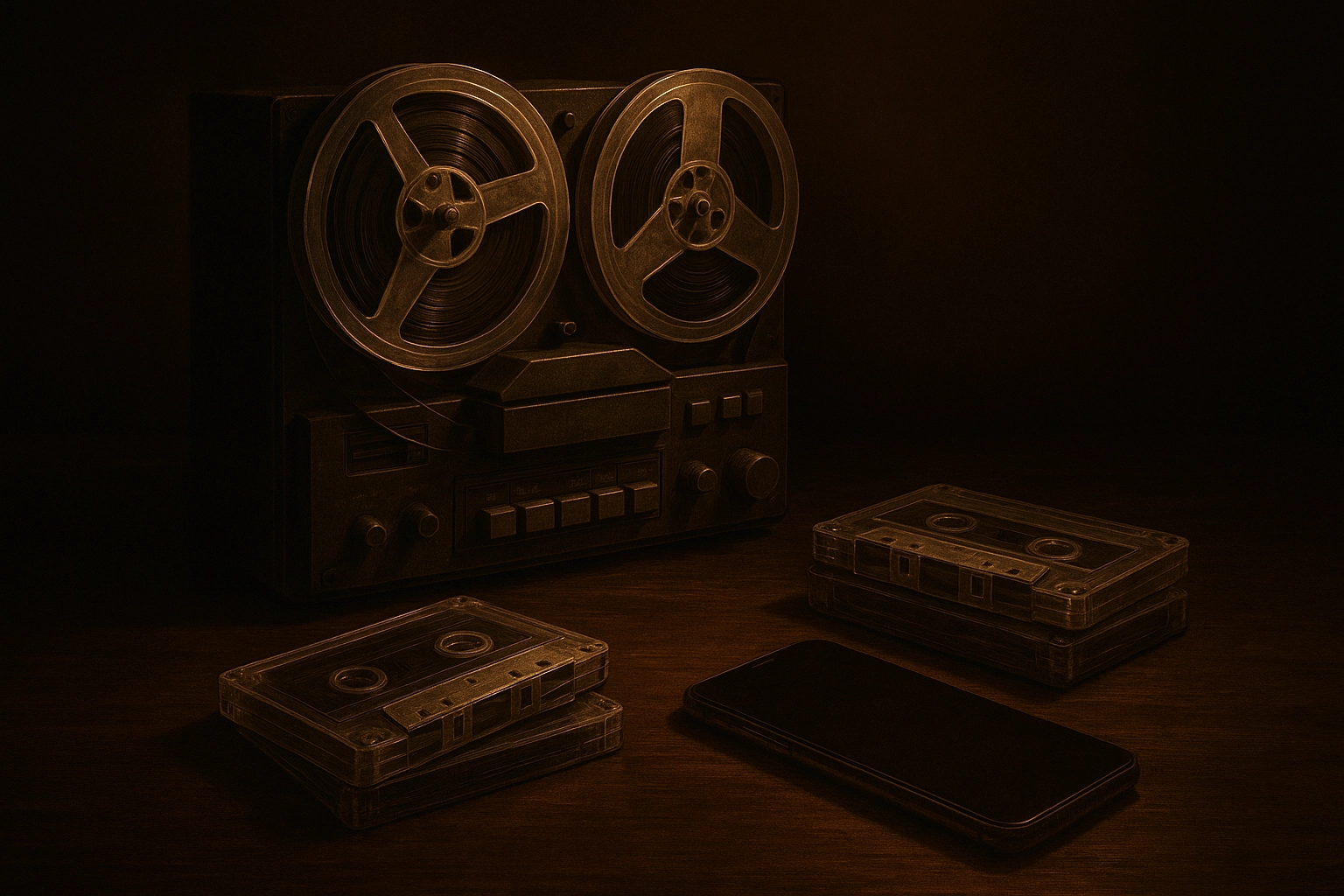
The Ripple Effect of Audio Preservation
When families commit to audio archiving, the benefits extend far beyond individual households. These efforts contribute to broader cultural preservation, creating repositories of human experience that researchers, historians, and future generations can learn from.
Audio archives help us understand:
- How language and dialects evolved within specific communities
- The social and cultural context surrounding historical events
- The lived experiences of people from different backgrounds and time periods
- The wisdom and resilience that helped our ancestors overcome challenges
By preserving our family's voices, we contribute to the larger tapestry of human story: ensuring that diverse perspectives and experiences remain part of our collective memory.
Making Archives Accessible and Meaningful
The true power of audio archives emerges when they become living documents that family members actively engage with. This means creating systems that make recordings easy to find, share, and experience together.
Consider organizing your archive by:
- Life stages: Childhood stories, young adult experiences, parenting wisdom, elder reflections
- Themes: Immigration journeys, career stories, spiritual insights, family traditions
- Relationships: Stories about parents, siblings, spouses, children
- Historical contexts: Experiences during specific time periods or events
Regular family gatherings become opportunities to listen together, with recordings serving as conversation starters that deepen everyone's understanding of their shared heritage.
The Future of Family Legacy
As we look toward the future, audio archives represent more than preservation: they offer active connection across time and space. Emerging technologies promise even more sophisticated ways to interact with these precious recordings, but the fundamental truth remains unchanged: voices carry souls.
The families embracing audio archiving today are creating treasures that will grow more valuable with each passing year. They're ensuring that great-great-grandchildren will know not just their ancestors' names, but their hearts, their hopes, and their humanity.
Your lineage deserves this gift. The voices that shaped your family's story deserve to be heard, honored, and preserved for generations yet to come. Every recording you make today becomes a bridge to tomorrow: connecting your descendants to the wisdom, love, and legacy that defines your family's unique place in the world.
The conversation about audio archives isn't just trending: it's transforming how we think about family, memory, and the precious responsibility of carrying forward the voices that made us who we are.
